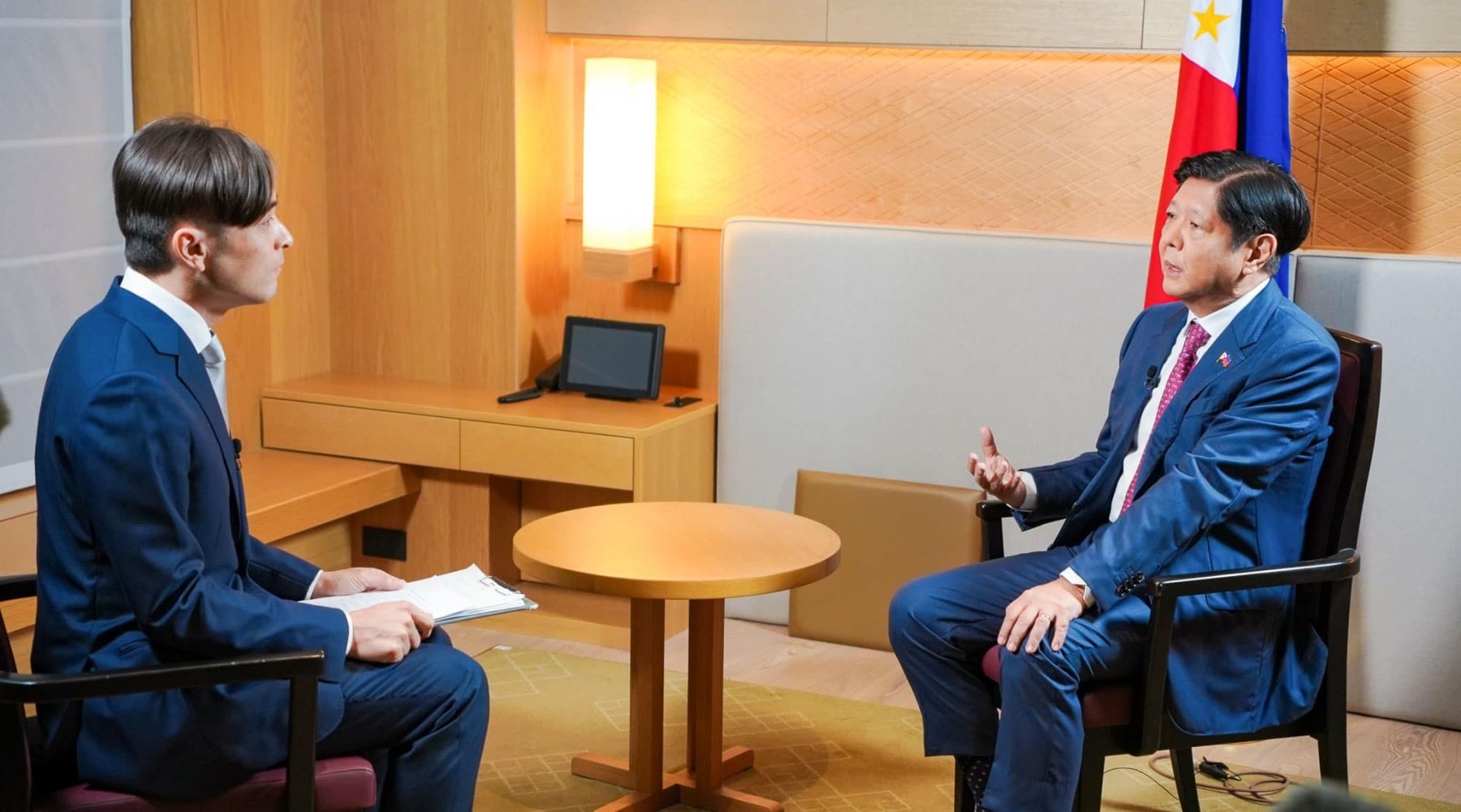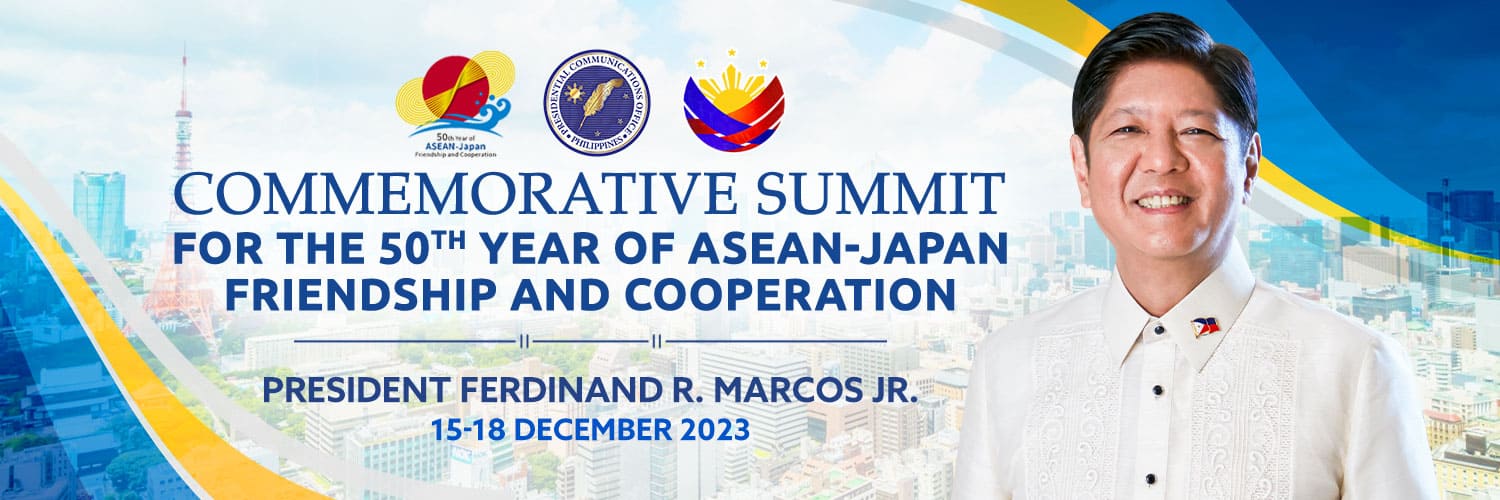
Maintaining peace and adhering to rules-based order remains the cornerstone of the Philippine foreign policy in the midst of increased geopolitical tension in Asia, President Ferdinand R. Marcos Jr said on Saturday.
In an interview with the Japanese media, the President stressed the Philippines will continue to forge strong alliances with like-minded allies. He said a more assertive China posed a real challenge to its neighbors in Asia, which requires new solutions.
“I’m afraid we’ll have to be able to say that tensions have increased rather than diminished for the past months or the past years and that’s why we have to – but we continue to counsel peace and continue communication between the different countries—everyone that is involved,” Marcos said.
“And this has become – I sometime say, and I think it still applies, the South China Sea situation is the most complex geopolitical challenge that the world faces,” he added.
And with the raging Russia-Ukraine war, which he described as a “tragedy,” no country in the world wants to start a new conflict, especially in Asia, Marcos said as he mentioned the dynamism of the South China Sea issue.
President Marcos added these new problems will require new solutions and the Philippines is always open to the idea of finding “new solutions.”
“I cannot say that we have found the answer yet. We are still trying to formulate that answer as we speak. And things are moving very quickly in many parts of the China Sea and so there are changes in terms of approaches, [the aggravations],” he said.
The President also delved on the increasing collaboration between the Philippines and Japan, saying it is a “very good example of evolution.”
The Philippines became the first recipient of the Japanese Official Security Assistance (OSA).
“This alliance that we have come together with Japan is again, is to show, to help us rather, work together more closely. Because in the military since there is a tactical operation that we really have to train with one another,” Marcos told reporters.
“The so-called interoperability between the different forces and it doesn’t… it is not sufficient actually with just Japan and the Philippines to enter into this agreement. We really must get more of these kind of arrangements in place,” he stated.
This is about the trilateral agreement between the United States, Japan, and the Philippines, Marcos said, noting there should be more of such agreements in place both multilateral and bilateral levels.
These developments are manifestations of how countries are developing relationship in response to what they feel about the needs of the day, which were not part of their policies decades prior, Marcos said.
“I think that really is the pattern that we are seeing to emerge and that is how we are evolving. And that is very good example of evolution,” he said.
President Marcos arrived in Japan on Friday to attend the ASEAN-Japan Commemorative Summit. *PND*

